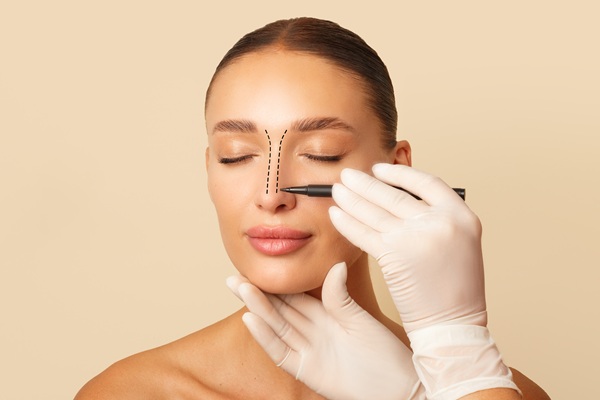Facial Surgery Recovery: Tips From an Oral Surgeon

A facial surgeon can correct problems with wisdom teeth and jawbones. This dental professional has a high level of training and experience to perform complicated surgeries to restructure the entire mouth. Knowing how you can recover well from such a procedure can prevent complications later on. Here are some tips that a facial surgeon can share about facial surgery recovery.
Take the prescribed medications according to the instructions
The patient must take antibiotics before and after the procedure. Doing so can reduce or remove the risk of infections. Continue to take these antibiotics throughout the prescribed period. These medications can make one’s recovery quicker and easier. There are also over-the-counter pain relievers for managing pain and discomfort if the facial surgeon does not prescribe them.
Practice mindful cleaning
After the procedure, the facial surgeon will tell the patient how to brush. The mouth may still be sensitive for regular oral care practices. The surgeon will remind the patient of the tender areas. Cleaning the neighboring teeth and gums must continue. A saltwater rinse can keep infections at bay and reduce pain and swelling.
Rest for an entire day
Take a day off from school or work after the facial surgery. The facial surgeon will use a sedative on the patient. This medication will make the individual sleepy before, during, and after the procedure. Driving or doing anything that needs focus is not an option.
Someone must drive the patient home and help the patient around the house until the sedative fades. Avoiding strenuous activities is ideal. Lifting, bending, or running can dislodge blood clots. This can then cause bleeding. Elevating the head by placing extra pillows under the head can help reduce or even stop the bleeding.
Apply some ice
The facial surgeon will warn the patient about facial swelling after the surgery. This is a normal tissue reaction after surgical manipulation. Managing this is possible by applying ice packs for the first day. Do this for 30 minutes and then remove it for about 15 minutes. Repeat this treatment many times a day for two to three days. Call the facial surgeon if there is pus formation or if the patient develops a fever.
Choose proper foods and drinks
Refrain from eating or drinking until the anesthetic fades. This will prevent accidental bite injuries to the soft tissues of the mouth. Avoiding hard, spicy, and hot foods or drinks is also necessary. Doing so can prevent any irritation to the surgical site. Soft and cool foods like yogurt or instant oatmeal are good choices.
Stop smoking or drinking alcoholic beverages
Studies show that tobacco and alcoholic beverages impair the body’s ability to oxygenate and circulate blood. This slows down the rate at which the body heals. The facial surgeon will recommend stopping these habits months before and after the procedure. Quitting them can help heal the treated areas.
A facial surgeon can help you recover better with the mentioned tips
Problems in your teeth or jaw may need the help of a facial surgeon. Going through corrective procedures is a big decision. Manipulating soft tissue and bone will need significant healing. Working with your facial surgeon can speed up your recovery. It may also lead to your procedure’s possible success.
Request an appointment here: https://spectrumsurgical.net or call Facial Spectrum at (816) 524-4334 for an appointment in our Lee's Summit office.
Check out what others are saying about our services on Yelp: Facial Surgeon in Lee's Summit, MO.
Recent Posts
Many individuals seek rhinoplasty to enhance facial harmony, improve nasal function, or correct structural abnormalities. As a surgical procedure that reshapes the nose, rhinoplasty can address aesthetic concerns as well as breathing difficulties caused by structural defects such as a deviated septum. Understanding the consultation process, surgical techniques, and what to expect from the recovery…
The facelift is one of the oldest and most well-known cosmetic surgeries for restoring a youthful appearance to the face. If you are considering this procedure, it is important to understand the steps of the process and the time commitment involved. The specifics of the process can vary depending on the patient; however, here is…
You need an oral surgeon for complex dental procedures. This dental care provider can perform non-invasive and invasive dental treatments. Understanding what happens during the first visit can ease your anxiety. Here are the things you should look forward to when you consult your oral surgeon.The oral surgeon will receive a referral from the patient’s…
A sinus lift procedure goes by many other names, including sinus elevation, sinus augmentation, and sinus graft. It can be an important step in the process of having a dental implant placed in the upper jaw to replace a missing tooth. The procedure involves raising the floor of one of the maxillary sinuses and filling…


